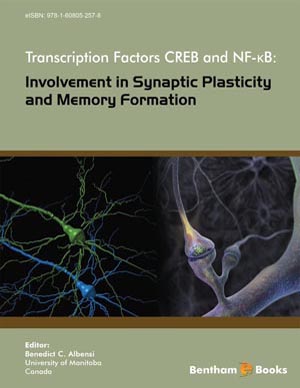Abstract
Depression and anxiety are psychiatric illnesses that are major burdens on society and affect as much as 7% of the world’s population. Here we review common approaches used to model depression in rodents such as chronic mild stress (CMS), social defeat, and chronic corticosterone treatment. We discuss the pros and cons of these different approaches. Furthermore, we provide a detailed review of adult hippocampal neurogenesis, including the distinct phases that a cell passes through when transitioning from precursor to neuron. Finally, we discuss at length the experiments that have related adult hippocampal neurogenesis to treatments of depression and anxiety, and why neurogenesis might be necessary for these treatments. We end by revisiting the neurogenesis hypothesis of depression and by providing suggestions for future research directions.
Keywords: Subventricular (SVZ) and subgranular zone (SGZ) of dentate gyrus (DG) of hippocampus, doublecortin (DCX) expressing cells, adult neurogenesis, cell differentiation, depression, antidepressant drugs, animal models.








